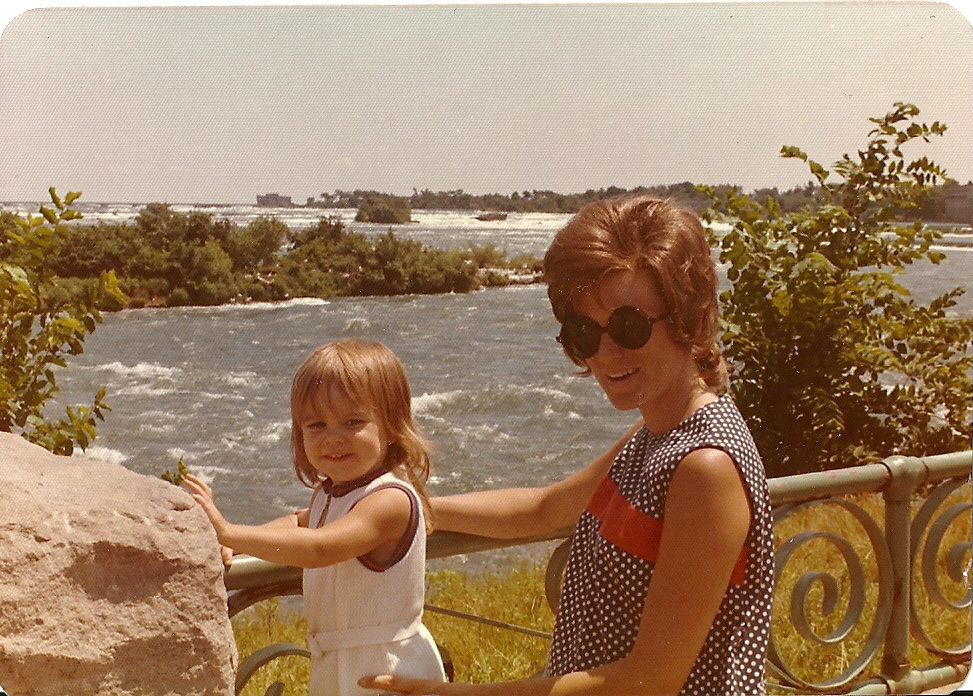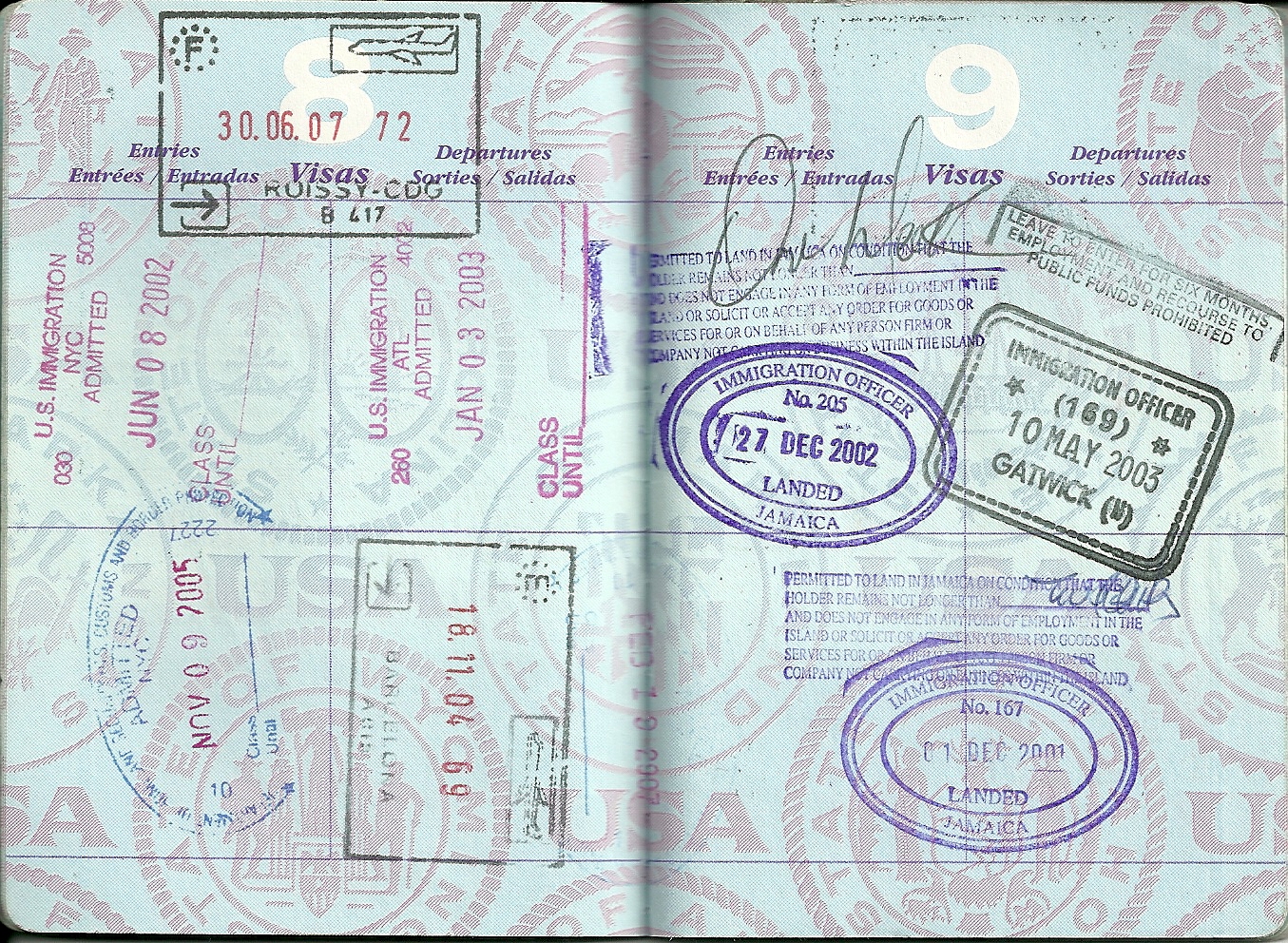Editor’s note: Lisa and I are friends in part because we’ve lived parallel lives. We’re both Michigan natives living the life of a Manhattan suit. We both endured a relationship failure that helped us redefine what we wanted out of life. And we both lost our mothers at 51. Lisa saw my post on the anniversary of my mom’s death and decided she wanted to honor her mother in the same way. She’s marking her mom’s anniversary today.

My mother’s death helped change my life for the better.
No, really. Let me explain.
Mom/Peg (she’d better not catch you calling her Maggie or Peggy) was complex, intelligent, strong, funny and sarcastic. She was also hot-tempered, stubbornly proud, quick to judge and slow to forgive (if ever). She was not truly estranged from anyone as far as I remember, but several of her relationships had lasting tensions and issues that were never fully resolved.
Even with me.
Mom had always lived her life based on what one was then supposed to do: marry, stay home to raise a family, and THEN indulge pursuits like going back to school/work or traveling the world. Those were the kind of things one does after the kids have moved out on their own. Only for Mom, later wasn’t going to come. She was diagnosed with systemic scleroderma just as my brother and I had reached a point where she could begin pursuing her own objectives. Mom had just started taking some college classes to get caught back up with the workforce she had left while pregnant with me. The resulting regrets and her bitterness over them came through loud and clear, from that diagnosis to the time she died 11 years later.
Right up until losing Mom, I would have told you that I was already living my life purposefully and in a way that made meaning of what she was going through. I stayed as fit as possible (still do). I went to college, married the “perfect” guy, and was working full-time while racing through law school at night. Yep, had it all figured out.
Then Mom died. Fourteen years ago today.
Her death brought with it an uncomfortable realization for me: in spite of all my efforts to the contrary, I had ended up on the nearly the same path, built upon getting (albeit with a more hurried pace) the things I was supposed to achieve. Somewhere along the way, I had forgotten to step back and truly define for myself what kind of life I wanted to have. My plans up to that point had focused primarily on external criteria that could be captured like bullet points on a resume, rather than things like the quality and depth of my friendships and how the people and experiences in my life made me feel.
Figuring out how to really learn from Mom’s experience and avoid the same pitfalls took on an even stronger urgency for me. Now I focused on a two-part strategy: solid relationships and new experiences. My tolerance waned for people and situations that didn’t fit this plan.

I got a passport for the first time at age 30. Six years later, it was full.
I recognized that while I was expanding my views on life and the world around me, my husband was seeking a smaller and simpler existence. I had been trying for years to be whatever it was he wanted, and my efforts to hit that moving target weren’t working for either one of us. So I decided to start being myself instead, and accept the consequences that might have on our relationship. Ultimately, it meant giving up on my dream of getting marriage right the first time and stepping into the unknown of potentially ending up alone.
I traveled around Europe alone and wandered on a whim into an out-of-the-way bistro in Paris full of locals except for one empty stool at the bar. That led to a whirlwind six-week romance which included spending the holidays in a mansion in the south of France.
Then I learned to speak French.
I saw that visiting New York on business was creating an internal conflict for me between brief glimpses and exposures to a cosmopolitan gateway to the world and my suburban existence, which now felt too small. So I left the beautiful home, the car – especially tough for a Motor City girl – and the many friends whom I now realize were acquaintances and moved to Manhattan, where I knew absolutely nobody and worked in the world of “The Devil Wears Prada.”.
I began saying “I love you” to my father every time we talked on the phone, no matter how unnatural it felt. We now exchange those words without thinking twice, and he is as much a friend to me as he is a parent. (Next up: doing the same with my brother)
I actively reached out to my extended family: the aunts, uncles and cousins who had always existed on the fringes of our lives. Now, they are a stronger and more regular part of my world than they ever were. In their voices and stories and mannerisms (especially those of her four sisters), my mother lives on. Much as I may complain to friends about making so many trips back to “the mitten,” it is great to feel that sense of belonging to something larger, like being a member of a special club that not just anyone can join.
Shedding the emotional handicaps that I inherited from Mom is the biggest ongoing challenge. When watching a movie or sitcom, it’s always obvious that the characters need to swallow their pride and take the risk of telling one another how they really feel. Doing it myself is a work in progress – both in friendships and romance – though I’d like to think that I’m getting better…
…and that Mom would be proud.
God, I miss her. Every last stubborn, proud, angry, sarcastic, wicked smart, funny part of her.

Guest blogger Lisa G.: My mother's death changed my life for the better
